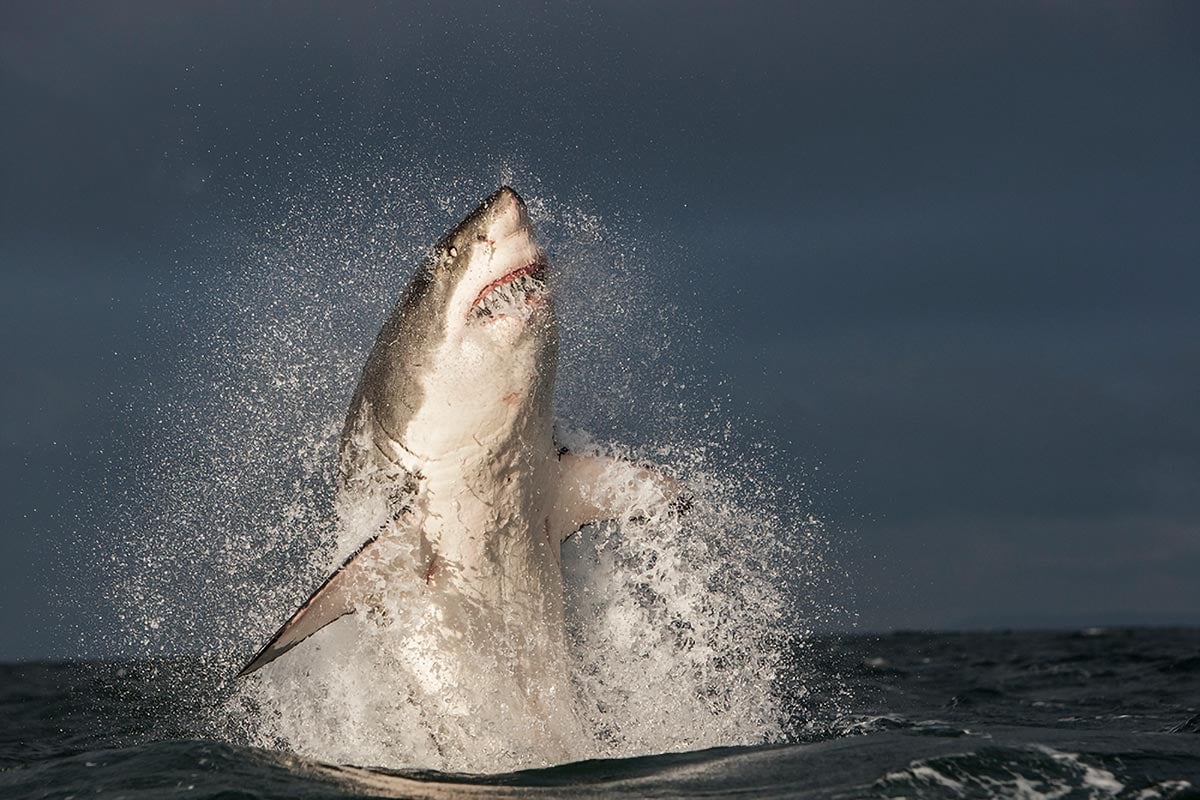Introduction
Great white sharks, the apex predators of the ocean, are mysteriously disappearing from their natural habitats. Their sudden decline is not just alarming for marine biologists but also for the delicate balance of ocean ecosystems. Without these top predators, the marine food chain is spiraling into chaos, leading to the collapse of ecosystems worldwide.
In this article, we will explore why great white sharks are vanishing, how their disappearance is affecting ocean life, and what can be done to stop this crisis.
Why Are Great White Sharks Disappearing?
Several factors contribute to the mysterious decline of great white sharks:
1. Orca Predation
Killer whales (orcas) have emerged as unexpected predators of great white sharks. In places like South Africa, orcas have been hunting these sharks, targeting their nutrient-rich livers. This new predatory behavior is driving great whites away from their usual habitats, causing disruptions in the ecosystem.
2. Overfishing and Bycatch
Illegal fishing and accidental bycatch are major threats to great white sharks. Despite their protected status in many countries, these apex predators often get caught in fishing nets intended for other species, leading to declining populations.
3. Climate Change and Habitat Loss
Rising ocean temperatures and pollution are forcing great white sharks to migrate to unfamiliar territories. This disrupts their breeding and hunting patterns, making survival even more challenging.
4. Shark Finning and Poaching
Despite conservation efforts, shark finning remains a significant issue. Great white sharks are hunted for their fins, teeth, and jaws, which are sold in the black market, further pushing them toward extinction.
How Is This Affecting the Ocean Ecosystem?
Great white sharks play a crucial role in maintaining marine ecosystems by regulating prey populations. Their disappearance has led to several negative consequences:
1. Overpopulation of Mid-Level Predators
Without great whites to control their numbers, species like seals and smaller sharks are growing in population. This increase in mid-level predators disrupts the balance, leading to overconsumption of fish and marine life lower in the food chain.
2. Declining Fish Populations
With more mid-level predators, fish populations are declining at an unsustainable rate. This affects not only marine biodiversity but also global fisheries and the livelihoods of people dependent on them.
3. Coral Reef and Seagrass Destruction
Seals and other prey species feed on fish that help maintain coral reefs and seagrass beds. With great whites gone, these prey populations explode, leading to the destruction of essential marine habitats.
What Can Be Done to Protect Great White Sharks?
Conservation efforts are crucial to prevent the further decline of great white sharks. Here are some steps that can help:
1. Strengthening Marine Protection Laws
Governments must enforce stricter regulations to prevent illegal shark hunting and finning. Expanding marine protected areas (MPAs) can also help sharks thrive in safe environments.
2. Reducing Bycatch Through Sustainable Fishing Practices
Using shark-friendly fishing gear and techniques can prevent great whites from being caught accidentally. Encouraging sustainable seafood choices also reduces the demand for overfished species.
3. Increasing Awareness and Research
Public awareness campaigns and scientific research on shark behavior and conservation can play a significant role in protecting these apex predators. Citizen science initiatives and educational programs can help change perceptions about sharks.
4. Addressing Climate Change
Global efforts to reduce carbon emissions, prevent ocean pollution, and mitigate climate change can help restore the natural habitats of great white sharks.
Conclusion
The disappearance of great white sharks is a growing environmental crisis with far-reaching consequences. If we do not take immediate action, marine ecosystems could face irreversible damage. Protecting these apex predators is not just about saving sharks—it’s about preserving the health of our oceans and the future of marine biodiversity.
By implementing conservation strategies, promoting sustainable fishing, and raising awareness, we can ensure that great white sharks continue to play their vital role in maintaining the balance of the ocean.
Share this article to spread awareness and take a stand for great white shark conservation!

















+ There are no comments
Add yours